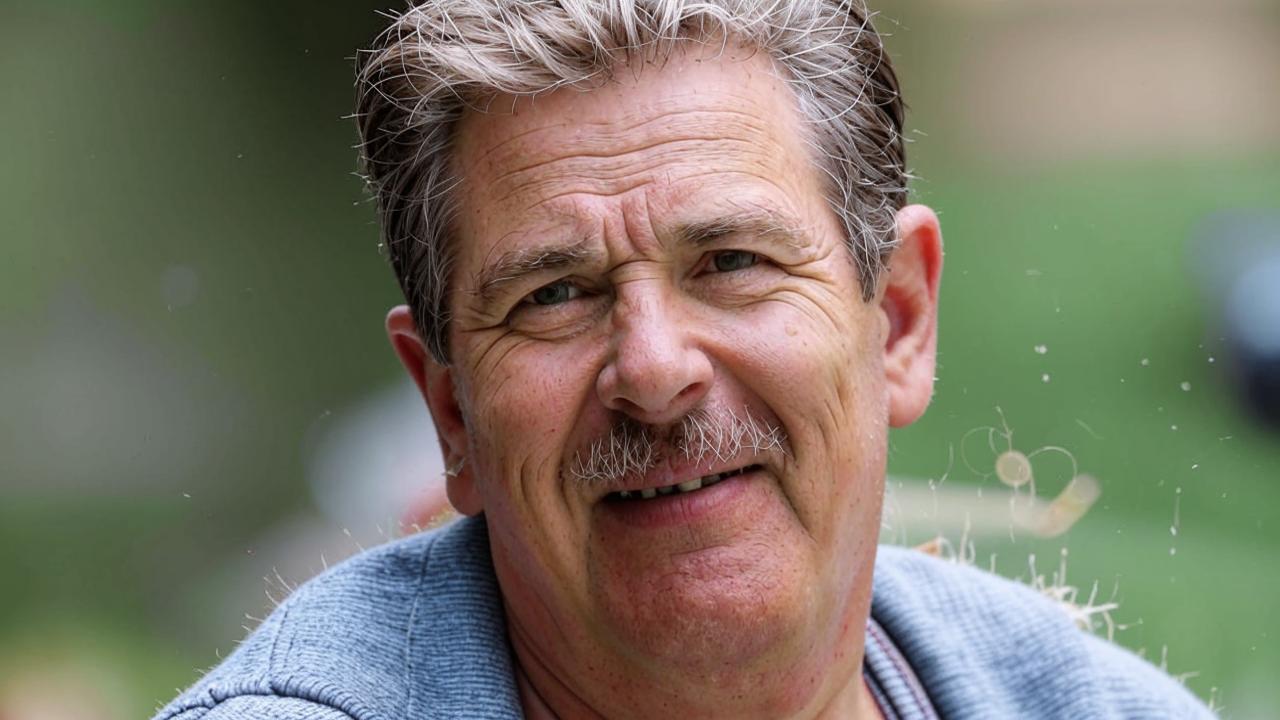Let’s find out together with a nutritionist.
Coffee has long been an integral part of the day for most people. It can be a graceful morning ritual before work or a compulsory necessity in the evening, when it becomes impossible to concentrate without coffee. There are many reasons for its consumption. But is it worth giving it up? And what would be the consequences?

member of the Association of Nutritionists and Health Coaches, PP confectioner.
Caffeine is a brain trick that has nothing to do with rest and fighting physical fatigue.
Not too long ago, blogger Sergei Yeti conducted an experiment and shared his results on YouTube. He gave up coffee for a week, which has long been a familiar part of his routine. The author notes that the disastrously disrupted sleep pattern gradually began to return to normal during the experiment. What else did the blogger pay attention to?
How does caffeine affect sleep?
Sergey: I would say that the residual effects of caffeine last much longer than 2-4 hours. Taking 400 mg of caffeine six hours before sleep can significantly reduce the quality of the latter.

Coffee can quite significantly and negatively affect the body’s recovery during the night. This is due to the fact that by taking caffeine during the day, you reduce the level of the hormone from which the sleep hormone melatonin is then derived. Therefore, after giving up coffee, the blogger started sleeping much better.
Coffee gives only the illusion of vigor?
So says the experimenter in his video. And the expert nutritionist fully agrees with him.
Lydia: Caffeine doesn’t give you energy. It just keeps your brain and body awake, and you think you don’t want to sleep and rest, which leads to serious problems later on. You don’t sleep, your body keeps producing more and more adenosine (“fatigue molecules”), which keeps building up in your bloodstream. The production of stress hormones increases, and the brain and internal organs become overworked because they do not receive timely signals about the need to rest and recover.
The author of the video, however, believes that such a fight against fatigue is acceptable only in emergencies. To replenish the energy balance, it is better to give the body a real rest.
How does coffee affect metabolism?
Lydia: As we age, it becomes more and more difficult for any body to process caffeine. And that’s why older people are more prone to the sleep-disrupting “caffeine effect”.
When it comes to boosting your metabolism with coffee, it’s not so simple either. The blogger concludes that sleep disturbance, to which regular caffeine intake inevitably leads, just slows down metabolism. So the metabolism will either remain the same or slow down altogether. That’s why athletes should beware of caffeine supplements, says the author of the video.
It turns out that coffee can conceal not only harm to the body. You just need to learn how to drink and dose it correctly. But if you can’t imagine your life without this drink and consume it in liters, follow the blogger’s example. Give your body a break.
How often do you drink coffee?





